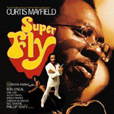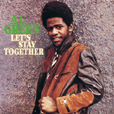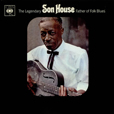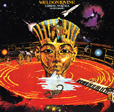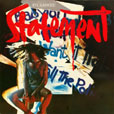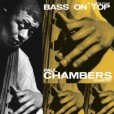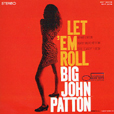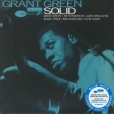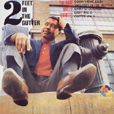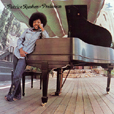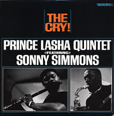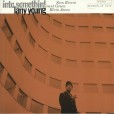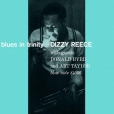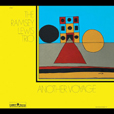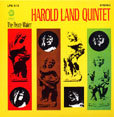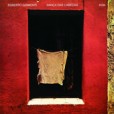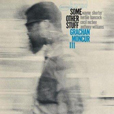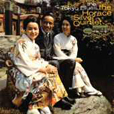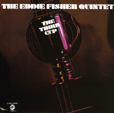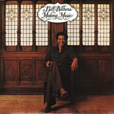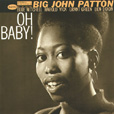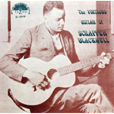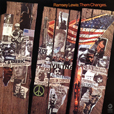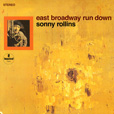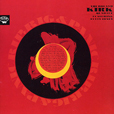Your basket is empty

Many people rate this his best solo album, for murder like Pusherman, Freddie’s Dead and Give Me Your Love (and less persuasively because it trespassed most deeply into rock audiences).
‘This heavy script… I could relate with a lot of it… It allowed me to get past the glitter of the drug scene and go to the depth of it — allowing a little bit of the sparkle and the highlights lyrically, but always with a moral to that.’
Superior Rhino reissue, with die-cut sleeve.
Riveting 1965 review of his own staggering classics like Death Letter and John The Revelator, rinsed by everyone from Captain Beefheart to Jack White.
His ambitious 1974 breakthrough as leader, superbly mixing funk and jazz improvisation on a major-label recording budget, with strong political and spiritual themes, even a nod to the Duke.
Superb organ jazz from 1965, with Grant Green, Bobby Hutcherson and Otis Finch. Latona was the Jazz Dance weapon; One Step Ahead is knockout, too. A classic Blue Note.
‘Classic vinyl series.’
Dave Bailey (drums), Ben Tucker (bass), Bill Hardman (trumpet), Billy Gardner (piano), Frank Haynes (tenor sax).
‘Jazz Dispensary Top Shelf Series.’
Congo Call, such a killer. With Sonny Simmons.
Hot 1969 lineup — Phil Upchurch, Cleveland Eaton and Maurice White, supervised by Charles Stepney. Do What You Wanna is an irresistible funk failsafe, Opus 5 is Stepney reaching, RL and Upchurch sock it to em on Bold And Black, and there are a couple of soul-jazz Eddie Harris jams… but the sucker punch — ask Gary Bartz — is Uhuru, with White blazing a path on kalimba, and Eaton shocking out.
The first fruits of Land’s long, luxuriant collaboration with Bobby Hutcherson, from 1968. Jazz Crusaders Buster Williams and Joe Sample are here; and Jimmy Smith’s drummer Donald ‘Duck’ Bailey (with whom Land had recently worked on Roy Ayers’ Virgo Vibes).
Land’s older albums — Harold In The Land Of Jazz, for example, and The Fox — have been HJ touchstones since our very early days. But this is something else. The saxophonist’s dark, schooled lyricism remains unmistakable, but by now hard bop machismo is ceding to the thorough-going influence of the gentler side of John Coltrane — his intentness, key signatures, modal swing.
The eight recordings here are compact and focussed; lit up with a consecratory loveliness. The titular opener and the ballad Imagine share a stricken, abiding, sublime serenity; hailing from the same hallowed ground as Trane knockouts like Tunji, Dear Lord, and After The Rain. Music as the healing force of the universe.
This is a genuine lost classic; handsomely reissued in the ‘Verve By Request’ series, with excellent sound. Hotly recommended.
From 1963, following stints for Jackie McLean on One Step Beyond and Destination… Out!, this is maybe the great trombonist’s best record, with Wayne Shorter, Herbie Hancock, and Tony Williams — all involved with Miles around this time — and Cecil McBee. Four Moncur originals: bold, free, forward-looking music; but expansive and assured, never forced. ‘Some other stuff’; not full of itself, but a bit different. Try The Twins — dedicated to his two brothers — for a better sense of his musical good humour.
The guitarist recorded at Oliver Sain’s St Louis studio in 1969 — but the best stuff here isn’t funk, it’s a kind of shimmering, limber, spare steppers. With organ and a second, rhythm guitar, and one Paul Jackson on bass.
Leaving Sussex for Columbia, this 1976 classic presents a mellower Withers, notwithstanding the rough rare groove killer Make Love To Your Mind. Hello Like Before and I Wish You Well are both here, too.
Flexing, in 1965, with Blue Mitchell (trumpet), Harold Vick (tenor sax), Grant Green (guitar), John Patton (organ) and Ben Dixon (drums) — not to mention Fat Judy.
With Jaki Byard, Richard Williams, and Elvin Jones at Van Gelder’s in 1965 — a wildly brilliant mixture of homage and experimentation, New Orleans manzello, noise, Middle Eastern vibes, modal grooving… Unmissable.
